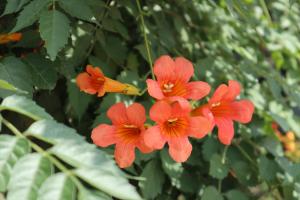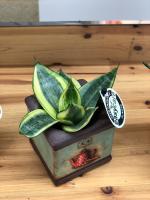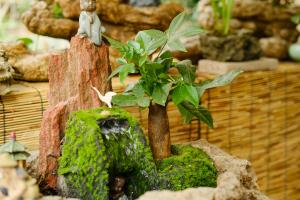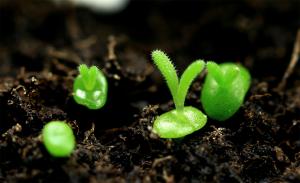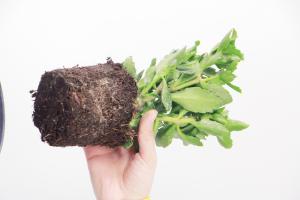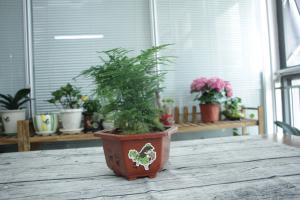Introduction
Denver, Colorado is known for its beautiful landscape and a thriving economy. The city's climate is semi-arid with four distinct seasons. If you are looking to plant trees in Denver, then it is important to know the best time to do so. In this article, we will explore when to plant trees in Denver, Colorado, and other important factors to consider when planting trees in the area.
Climate Consideration
The Denver climate can be challenging for some tree species, which makes it essential to understand the weather patterns in the area to determine the best time to plant trees. The city experiences long, cold winters, hot summers, and low rainfall, with snow often falling in the winter months. The city's primary hardiness range is from Zone 4a to Zone 6b.
Best Time to Plant Trees in Denver
The best time to plant trees in Denver is in the fall and spring when the temperature is cooler and more consistent, and the soil is moist. The cooler temperatures allow the roots to grow without the stress of high temperatures, and the moist soil provides adequate moisture for the tree's development. In fall, the trees can establish roots before the onset of winter, while in spring, the soil is less likely to be dry, which provides ideal conditions for strong root growth and drought resistance.
What Trees to Plant in Denver, Colorado
While choosing the best time to plant trees in Denver is essential, it is equally crucial to consider which tree species to plant. Some of the best tree species that thrive in Denver and the surrounding areas include:
Kentucky Coffeetree
Hackberry
Bur Oak
Honeylocust
Chokecherry
Amur Maple
These trees are adapted to the area's unique climate and are generally drought-tolerant, hardy, and long-living.
How to Plant Trees in Denver
To ensure your tree has a healthy start in its new environment, proper planting techniques must be followed. Here are some tips to help you plant your tree successfully:
Choose the right location: Pick a location that provides enough space for the tree to grow, gets adequate sun exposure, and has well-draining soil.
Prepare the soil: The soil should be tilled and free of rocks, weeds, and other debris that could impede the growth of the tree.
Plant the tree: Make sure the planting hole is at least twice the width of the root ball and deep enough to accommodate it. Place the tree in the hole, straighten it, and backfill the hole with soil. Add mulch on top to help retain moisture.
Water the tree: Water the newly planted tree generously to ensure the soil is moist. Water the tree regularly for the following year to encourage root growth and development.
Conclusion
In conclusion, planting trees is a great way to beautify the city's environment and enhance the quality of our lives. Knowing when to plant trees in Denver, what tree species to choose, and how to plant them is essential for the trees' long-term growth and survival. By following the tips provided in this article, you can successfully plant trees in Denver and contribute to a greener and healthier city.

 how many times do yo...
how many times do yo... how many planted tre...
how many planted tre... how many pine trees ...
how many pine trees ... how many pecan trees...
how many pecan trees... how many plants comp...
how many plants comp... how many plants can ...
how many plants can ... how many plants and ...
how many plants and ... how many pepper plan...
how many pepper plan...
